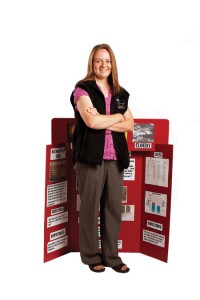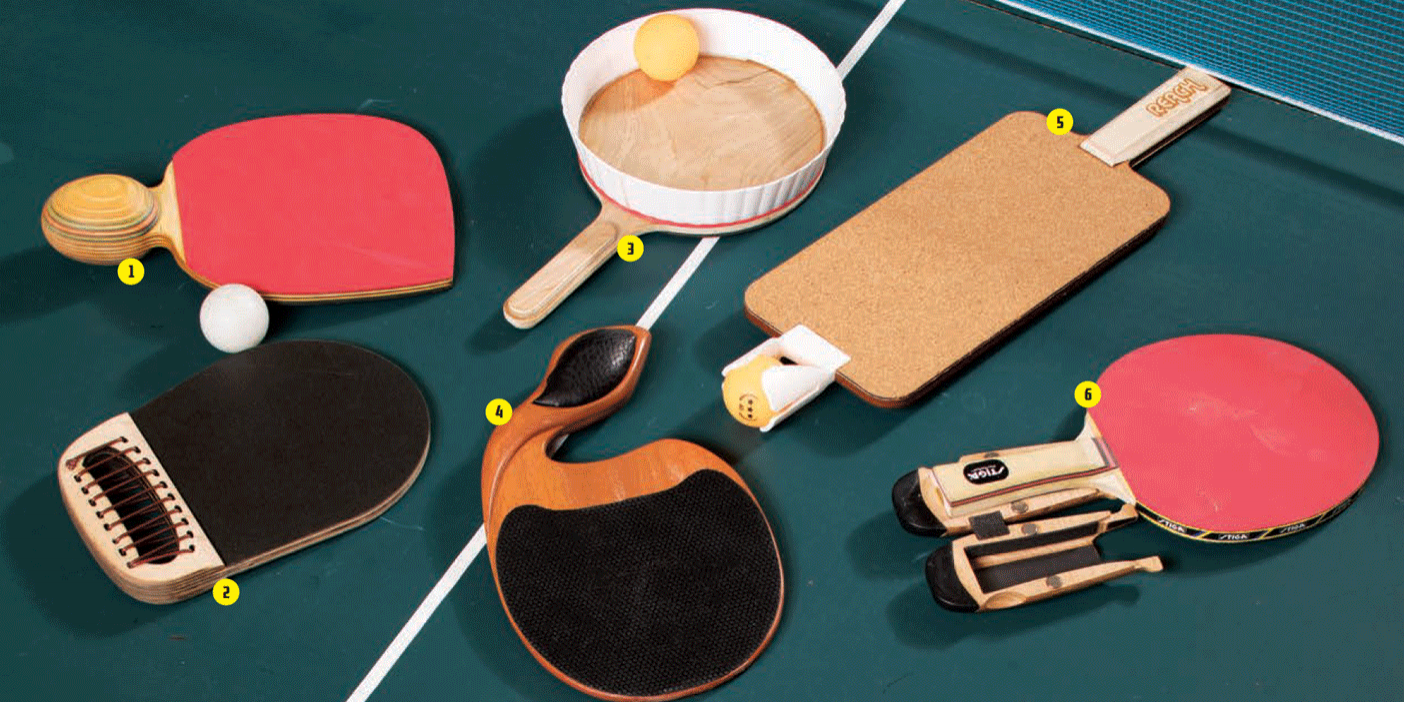It’s that time of year again, when kids put on their scientific thinking caps. As manager of the Central Utah Science and Engineering Fair held at BYU each year, Lisa Belgard Clarke (BS ’98) has seen hundreds of winning projects. Here is her advice for young scientists and their parents.
Q: What makes an award-winning science fair project?
A: We judge for scientific thought and analysis: Were they able to put numbers to their data? Practical application is another really important factor: You did this project, but why? Students with award-winning projects are not afraid to think outside the box.
Q: How much should parents help?
A: We expect students to get help. But we want the project to reflect their understanding. The students need to be able to understand and talk about the steps of their process.
Q: How can parents help their kids come up with original ideas?
A: There are three ways that most kids come up with projects:
Doing something on a topic they’re really interested in, whether it’s basketball or cell phones.
Doing something they read about or see on TV—either they don’t believe it and so they test it, or they say, “I wonder if you can do that.”
Learning about current events. After Hurricane Katrina we saw a lot of projects dealing with levees.
Q: What are some of the best projects you’ve seen?
A: Using the Diet Coke–Mentos reaction to test how much CO2 is absorbed in soil layers.
Experimenting with food production in zero gravity by growing plants on a spinning centrifuge.
Insulating water bottles with different coatings to see which materials are better in outdoor weather.
Testing to see if the absorbent layers in diapers will absorb water on hillsides and prevent landslides.
Inventing a sustained-release local anesthetic to help with pain experienced by patients after surgery.
Web: Find more science fair tips at cusef.byu.edu. Students can contact scientists for help on their projects at sciencebuddies.org.
Behind the Fair
Every spring, BYU hosts hundreds of science projects for the Central Utah Science and Engineering Fair (CUSEF) through the McKay School of Education and the BYU–Public School Partnership. Last year more than 100 BYU science faculty and student volunteers helped with the judging.
This isn’t just kid stuff—the McKay School and other Utah universities offer scholarships to winners, and grand-prize winners advance to the Intel International Science and Engineering Fair. Among past winners at BYU’s fair: a high school senior who won a $100,000 scholarship and met with the United Nations water-quality director for her river-drainage research, and an elementary-school team that researched plant growth in zero gravity and was contacted by NASA.










